App State alumni fill vending machines with local art
App State graduates Ben Loomis and Bunny Eaton are making art more accessible through alternative vending machines located in Black Cat Burrito, Espresso News, Holistic Health Solutions, and The Tapp Room. Local artists are able to utilize the Curio Machine as a way to sell and get more exposure for their artwork.
November 9, 2020
Two App State alumni found a new way to sell art in Boone: through vending machines.
The Curio Machine is a collaborative project between App State graduates Ben Loomis and Bunny Eaton to make art more accessible and spreading it into more people’s everyday lives.
“Ben and I met several years ago through the art community in Boone,” Eaton said. “And we saw a need for more art inclusion in this mountain community.”
Loomis and Eaton noticed there were few opportunities for artists to market themselves and were inspired to spread local art into more everyday life, said Eaton.
The idea stems from Loomis’ trip to Portland, Oregon.
“I moved out to Portland for about a year and a half,” Loomis said. “One thing that was really interesting out there was alternative vending machines.”
The initial business idea, the Curio Machine in a full-size vending machine, took a detour when Eaton found coin-operated snack vending machines.
“The mini machines, the snack vending machines, were sort of an accidental discovery on our part,” Eaton said. “We kind of launched the Curio Machine as sort of a prototype of what we really wanted, a full-size vending machine where we could compensate the artists and work sort of on commission basis.”
While Loomis and Eaton continue working towards the full-size vending machine, they said the four coin-operated mini machines they have will work great for selling art prints.
Currently, The Curio Machine has four locations: “Ruby” in Holistic Health Solutions, “Max” in Black Cat Burrito, “Rosemary” in Espresso News, and “Thyme” in The TApp Room. Loomis and Eaton named the first machines after the children’s books Max and Ruby and decided to keep the tradition with the rest of the machines.
The machine in Espresso News, “Rosemary,” was named after Rosemary Horowitz, a professor at App State and a great patron in the arts community, said Loomis.
“She gave us some of our first funding from outside of her own pockets,” Loomis said. “So, we named a machine after her in honor.”
Loomis and Eaton’s goal for The Curio Machine is to make art more collectible and accessible to everyone.
“Art and culture is really what binds us together,” Eaton said.
It’s important to each of them, Loomis being a writer and Eaton, an art teacher, that they help artists make a living off of their work and are able to sustain what they do and contribute even more to the art community. While there is a diverse selection of art in The Curio Machines, many pieces of art reflect Boone’s unique culture.
The Curio Machine is consistently changing its art roster and accepting new submissions from artists. Loomis and Eaton order new prints every few months, and there is new art in the machines twice a week.
All of the machines have a sign with information, including The Curio Machine’s email and social media, which artists can use to contact Loomis and Eaten if they are interested in having their art featured in the machines.
Despite the COVID-19 pandemic, the no-contact aspect of The Curio Machine allows for artists to sell art consistently and safely.
“If anything, quarantine has taught people how much we depend on art, and what a great time to try and inject art into the local culture,” Eaton said. “More than anything, I think our project is suited for a pandemic.”
More information about The Curio Machine can be found on Facebook and Instagram at @thecuriomachine.

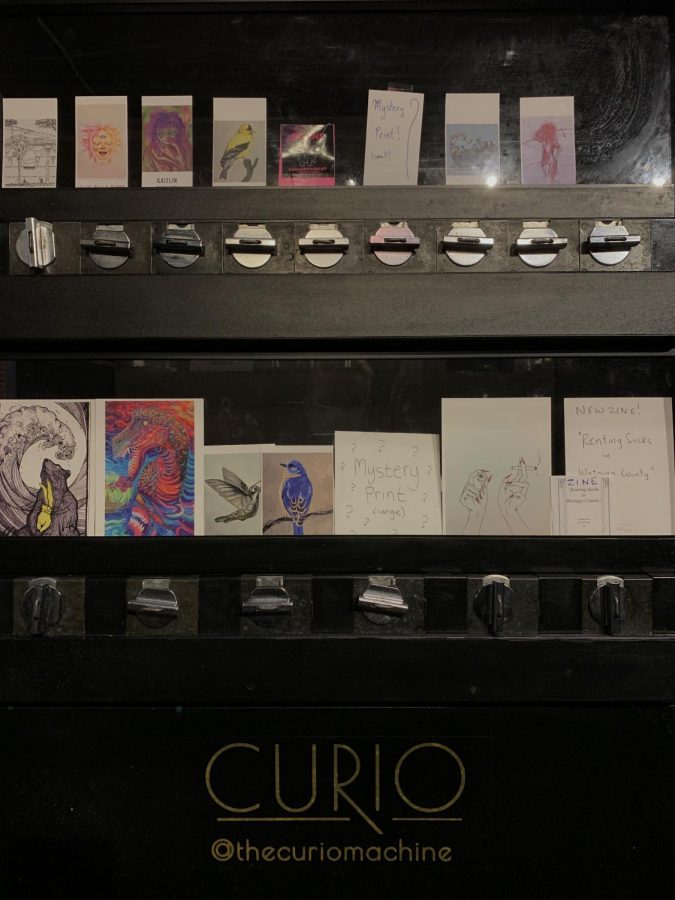
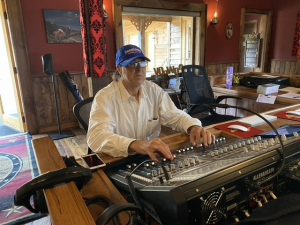
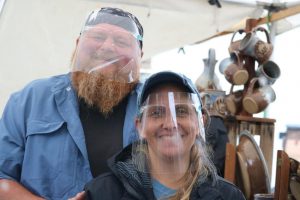
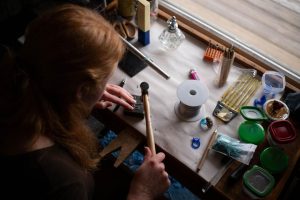
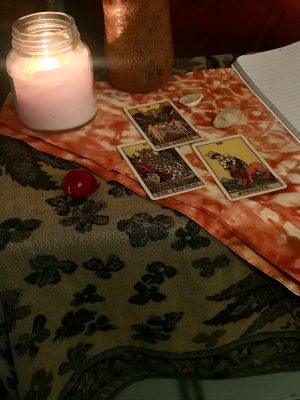
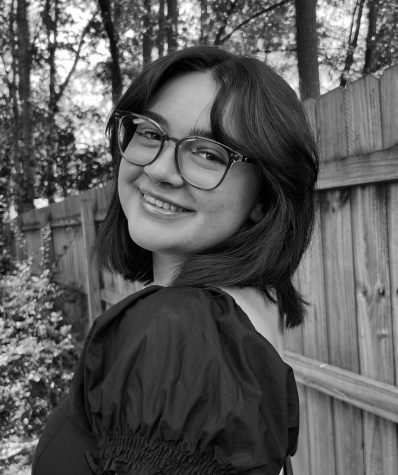


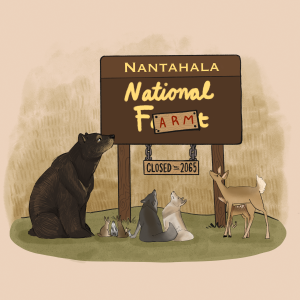

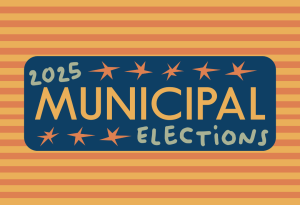
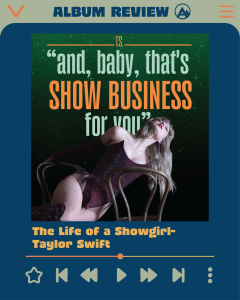

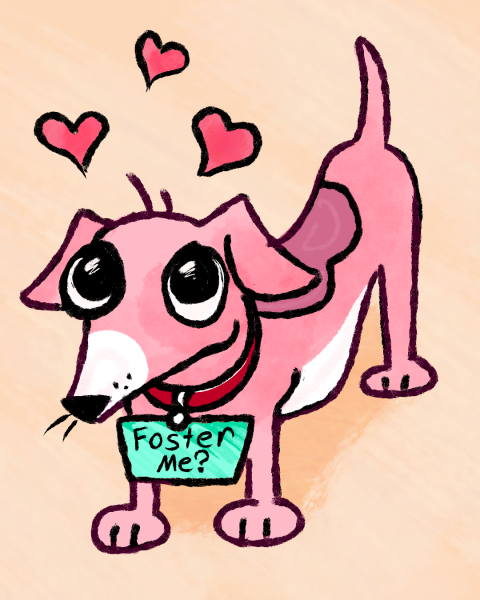
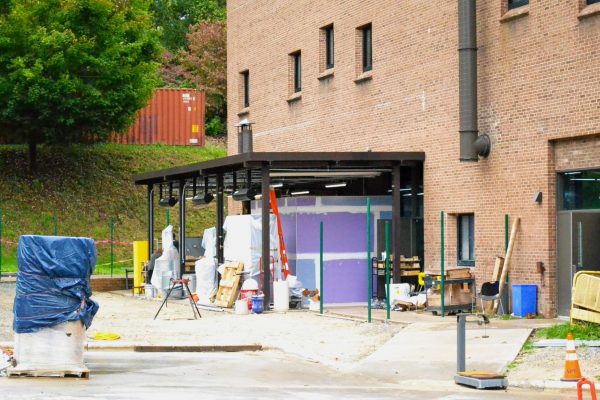

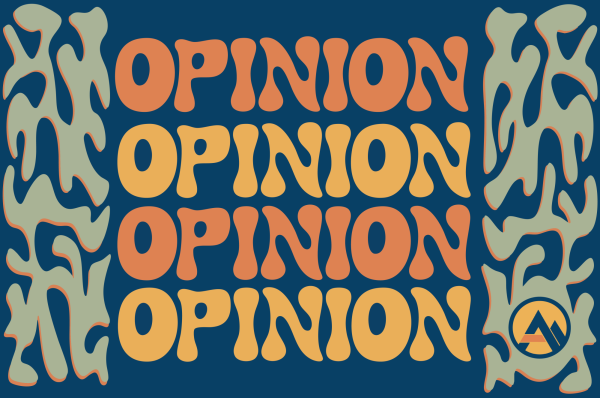
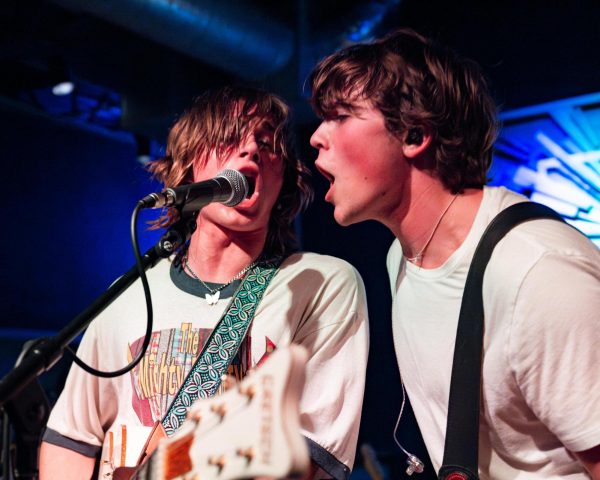
David Patterson • Nov 13, 2020 at 8:10 am
Nice article; however, you guys need to talk to App State alum, Clark Whittington and check out his Artomat.org. He’s been providing art in ending machines across the country for more than 30 years!